On Jan. 10, a college sports reform organization called the Drake Group sent a letter to the U.S. Department of Education’s Office of Civil Rights asking it to help rectify gender inequities in name, image, and likeness.
In the first 18 months of NIL, women’s sports athletes have made significantly less than their male counterparts, despite major brand interest. For example, a recent Opendorse survey found that of all NIL collectives — groups of donors, alumni, and local businesses that pool resources to offer athletes deals — only 34% are offering deals to women’s sports athletes.
The Drake Group wants the DOE to help reverse this trend.
“We do not write to suggest that OCR stem this flow of cash to college athletes, but rather to alert OCR that this cash is, with the blessing and/or cooperation of the 1000+ universities in the NCAA, flowing predominantly to men,” the letter said.
To do so, the Drake Group suggested the DOE confirm that Title IX — the law that prohibits sex discrimination at educational institutions — applies to certain NIL deals.
But so far, it’s been unclear how and when Title IX would apply to the NIL realm.
- The statute only applies to educational institutions, so third parties aren’t required to offer equal deals to men’s and women’s sports athletes.
- But schools should theoretically be required to provide the same amount of resources, like social media assistance and education, to both male and female athletes.
- The Drake Group believes that athletic departments have enough involvement in certain deals to warrant Title IX scrutiny — even if the deals aren’t funded by athletic departments themselves.
- For example, it said certain collectives can be classified as institutional resources because athletic department officials can ask donors to contribute to them.
“Most institutions have virtually ignored their Title IX obligations to equally support male and female athletes in publicity, promotion, recruiting, and athletics financial aid,” Drake Group president Andrew Zimbalist said in a statement.
“That preferential treatment of male athletes continues when athletic directors and coaches openly ask NIL collectives to assist their athletic program recruiting efforts by providing NIL payments to prospective and current athletes and the operation of such recruiting collectives primarily benefits male athletes from a single institution.”
The DOE has not involved itself directly in athlete compensation, though this is the second time in a year that advocates have asked the body to step in.
In March, the National College Players Association asked the DOE to force the NCAA to lift caps on scholarship money, arguing that existing limits contribute to racial discrimination.
But so far, it hasn’t issued any public guidance.
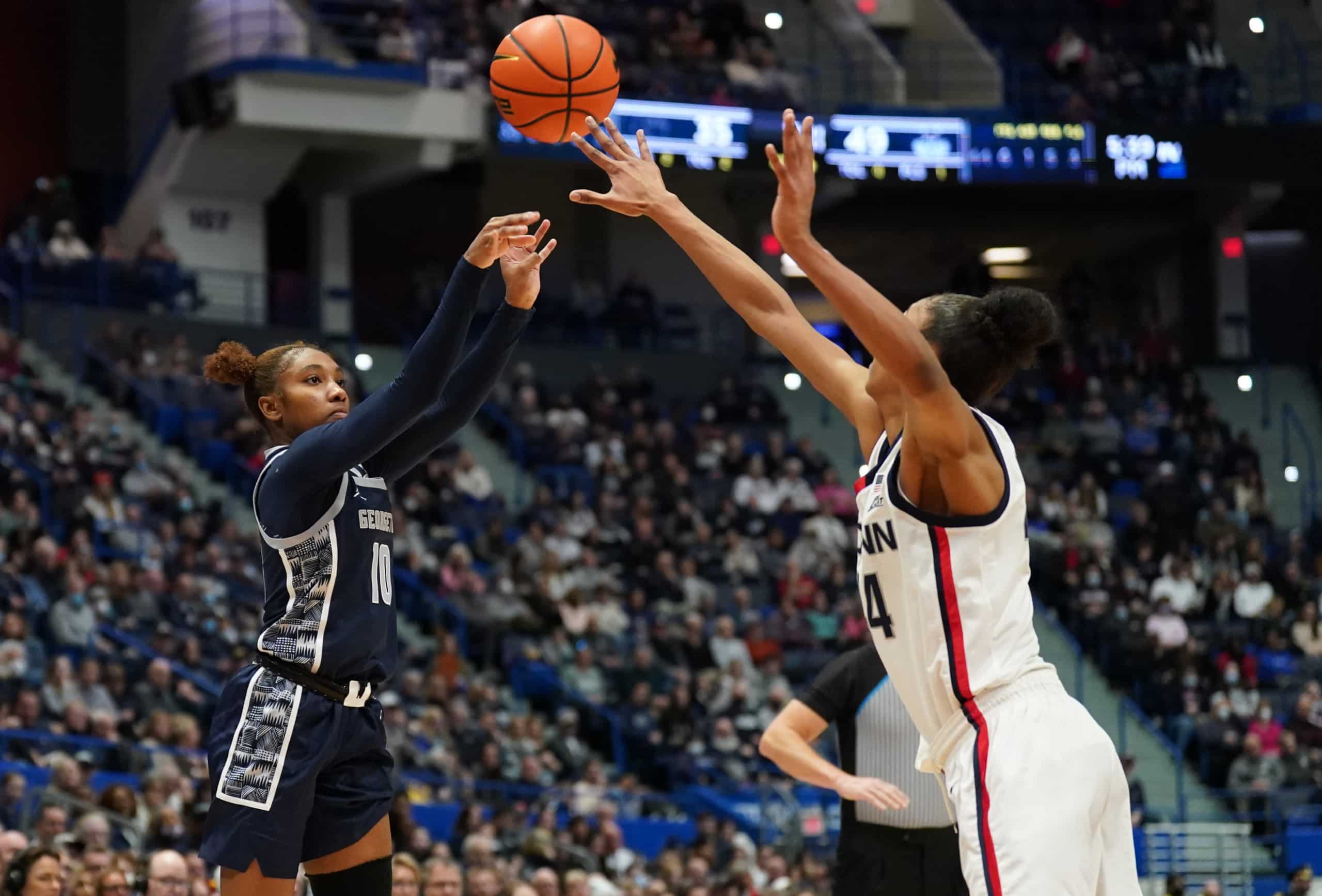
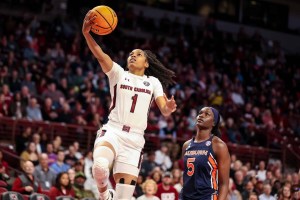
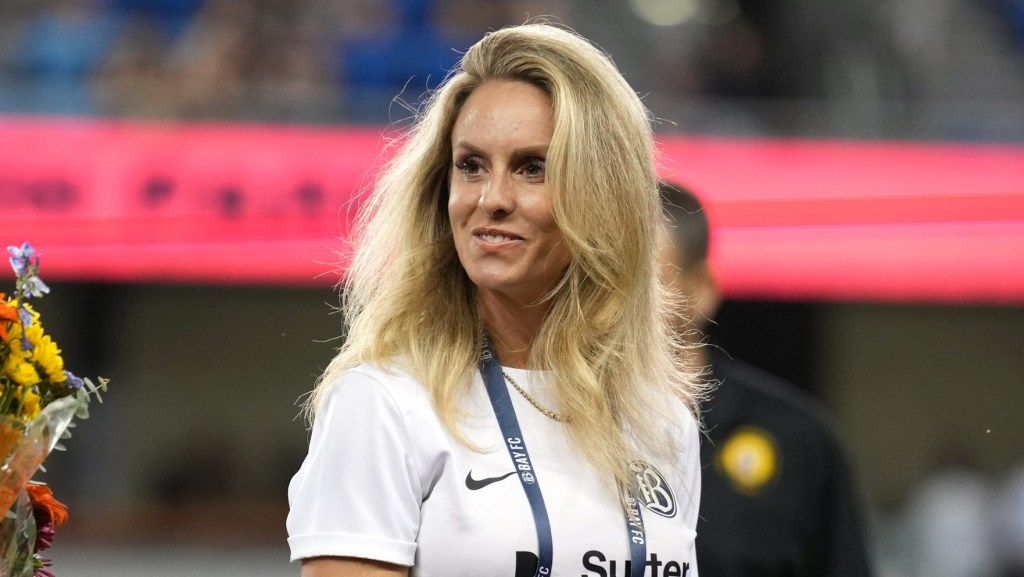
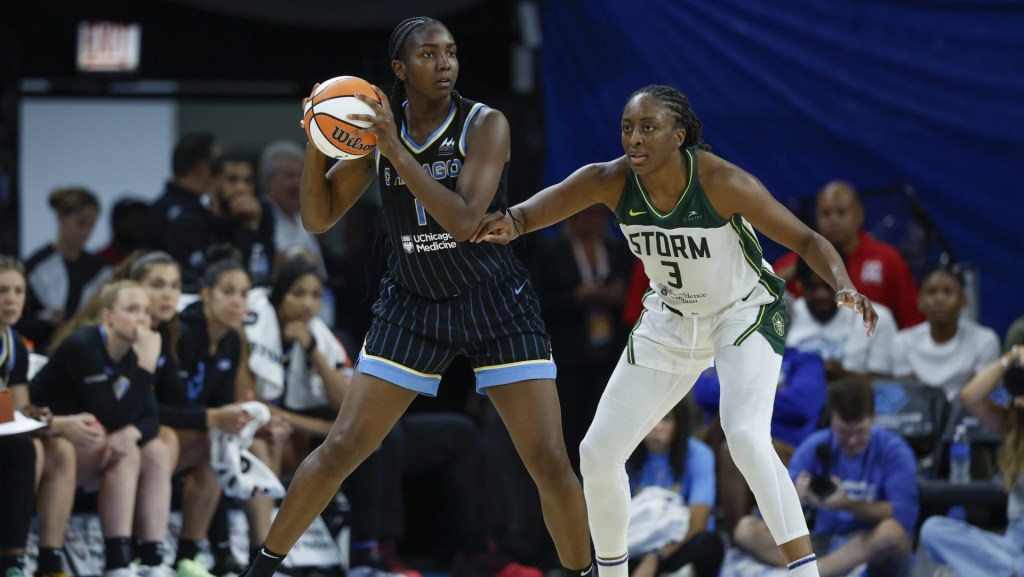
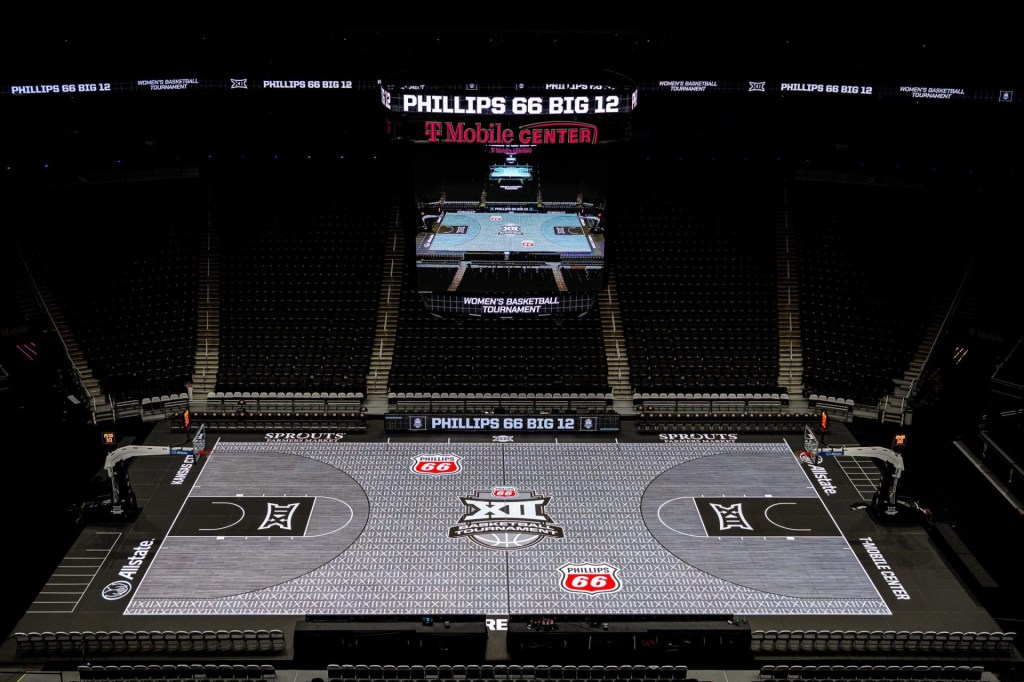
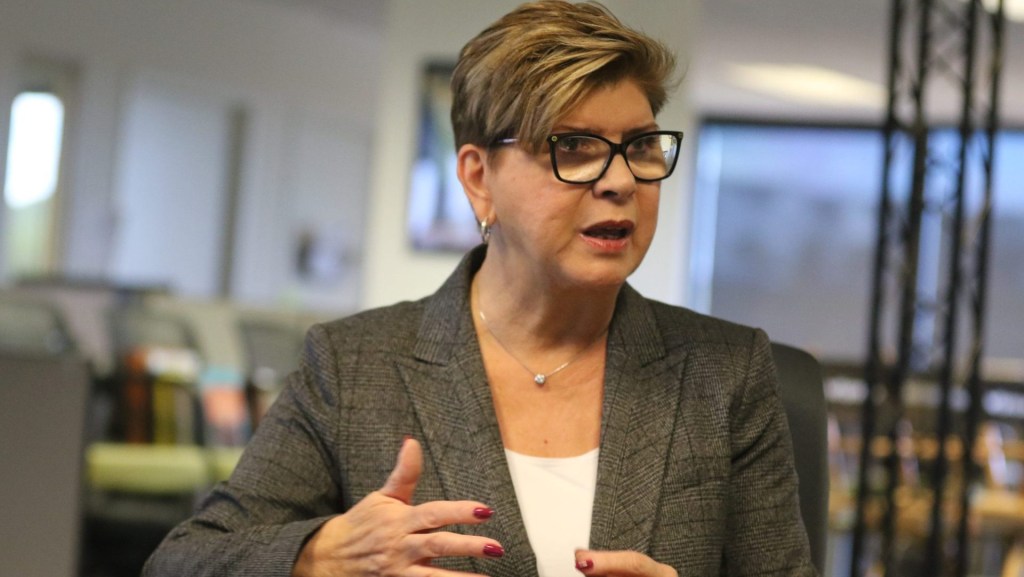
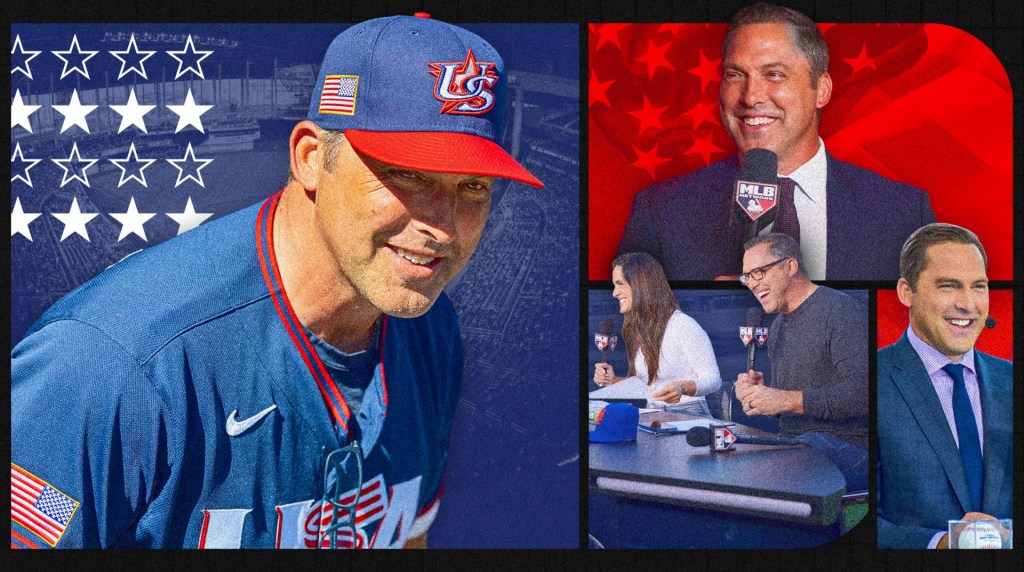


![[Subscription Customers Only] Jun 15, 2025; Seattle, Washington, USA; Botafogo owner John Textor inside the stadium before the match during a group stage match of the 2025 FIFA Club World Cup at Lumen Field.](https://frontofficesports.com/wp-content/uploads/2026/02/USATSI_26465842_168416386_lowres-scaled.jpg?quality=100&w=1024)








